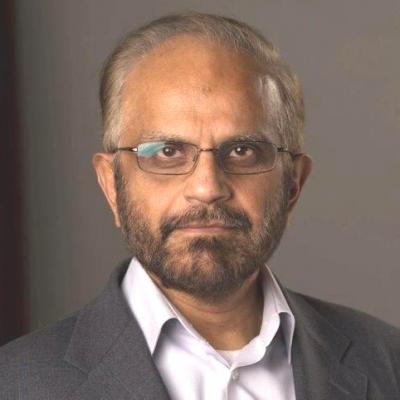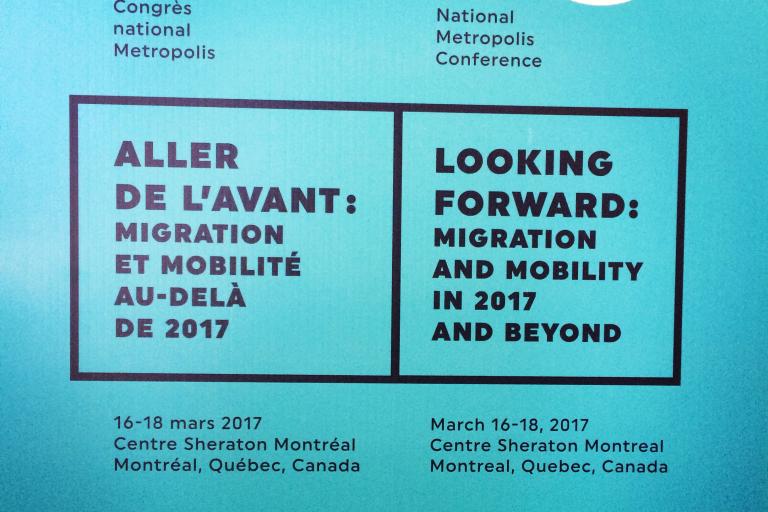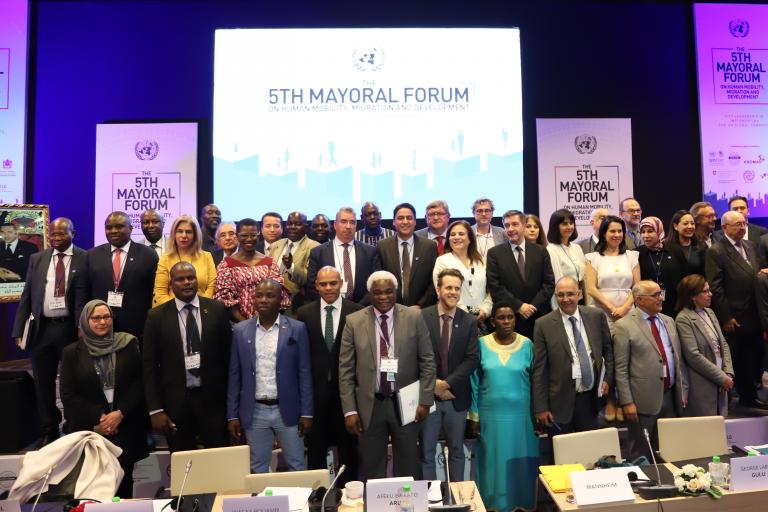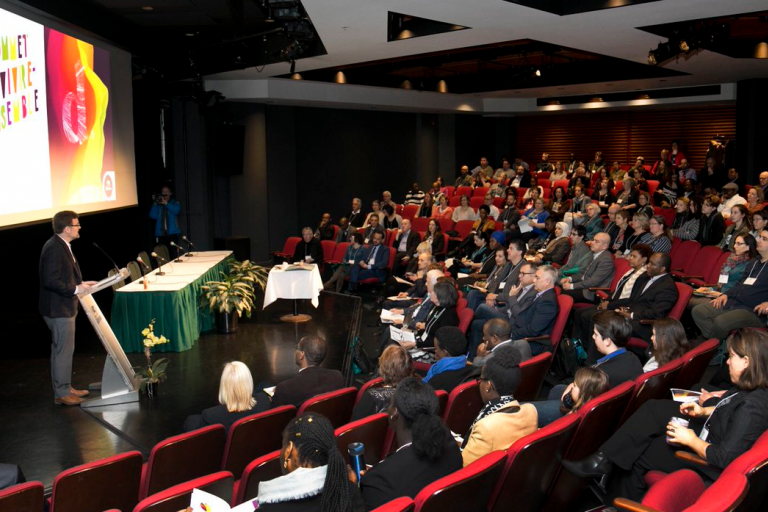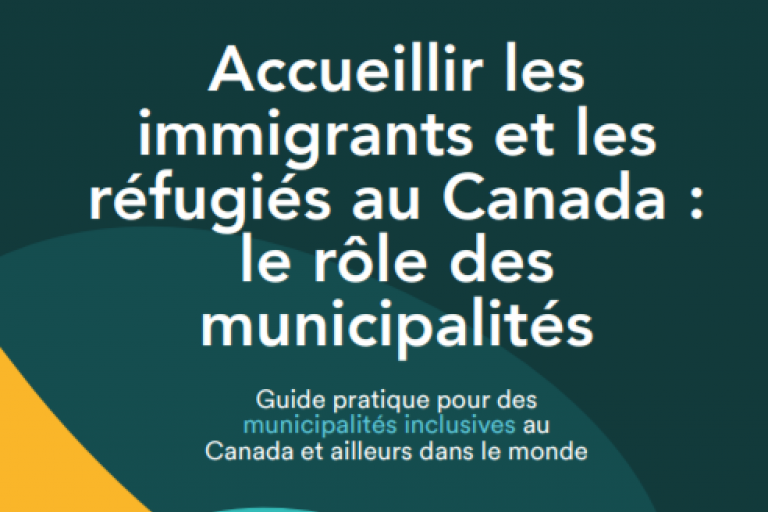
Blog: Halifax, a Welcoming City
By Ather Akbari (PhD), Professor / Chair of the Atlantic Research Group on Economics of Immigration, Ageing and Diversity, St. Mary's University, Halifax
In November 2015, when the new Canadian government announced its intention to re-settle 25,000 Syrian refugees, the Province of Nova Scotia welcomed the initiative and offered to participate in the initiative.
Declining fertility rates and out-migration of population have slowed down the population growth rate in the province and, had it not been for immigration, the province’s population would have shrunk during the first quarter of current year (editor's note: the province is home to 947,000 Canadians - only about 2.6 percent of all Canadians - about 18 percent of whom are aged 65 or older). However, in 2015, the province received only 1.25 percent of all permanent residents who arrived in Canada. The province has been active since early 2000’s in adopting strategies to attract and retain immigrants. Welcoming Syrian refugees is consistent with the overall immigration program objectives of the province and makes economic sense.
According to a board member of Halifax Chamber of Commerce, Robert Batherson: "many of today's most successful business leaders were refugees from Lebanon, from the civil war in the '60s and '70s," "….[They] come into Nova Scotia, create wealth, create jobs, increase tax revenue. So what I'm excited about with the potential with more Syrian refugees coming in is who in that class of refugees will be the next Nova Scotia success story for the next 30 years?"
Halifax is the capital city of NovaScotia, home to about 418,000 Nova Scotians. Most new immigrants arriving in the province tend to gravitate towards Halifax. The city has taken many initiatives to welcome refugees and make them feel at home. Halifax's mayor co-chairs a national committee tasked with creating a united municipal response to the Syrian refugee crisis.
In September 2015, the staff at HalifaxRegionalMunicipality recommended to the regional council to support privately sponsored refugees to Halifax by supporting communications and information sharing through the Local Immigration Partnership (LIP) and other communications channels to connect interested persons to local Sponsorship Agreement Holders (SAH). The SAH is an organization that has signed an agreement with Immigration, Refugees and Citizenship Canada (IRCC) and works with Constituent Groups (CGs) that may sponsor refugees under the SAH’s agreement. SAHs assume overall responsibility and liability for the management of sponsorships under their agreement. In order to manage this liability, SAHs set criteria for groups sponsoring under their agreement. Sponsors are responsible to support refugees for their first twelve months in Canada. In the past, the Council has already indicated its interest in advocacy to increase government sponsored refugees to Halifax.
As part of the above recommendations, the Halifax regional council also approved recommendation to help refugees access public transportation and other municipal services. Halifax Transit provides temporary transit passes to refugees during their first year of settlement. They are also issued identity cards to access recreation and library services. This support will largely help the settlement of refugees coming to Halifax, “first by helping co-ordinate services upon arrival and second by the provision of municipal services to support both refugee settlement and integration.”
The average cost of a bus pass in Halifax is $68 per month. From November 4-2015 until July 31-2016, there were 899 Syrian refugees who arrived in Halifax. If one expects the same number of refugees to arrive until December 2017, the overall cost to the municipality will be about $1,440,000. However, this cost does not represent an added cash outlay to Metro Transit as additional ridership does not increase the cost. It rather represents a loss of potential revenue to the Metro whose benefits are many.
According to Gerry Mills, Executive Director of Immigrant Settlement and Integration Association of Nova Scotia (ISANS), “the city's contribution has made a significant difference for refugees. It's also not just for Government assisted but also for privately sponsored refugees. It means access to services, to recreational opportunities, to medical care, to getting to know the city, to taking advantage of opportunities that they probably would not have taken. It's also not just for Syrians”. To take just the case of recreational opportunities, an individual’s physical wellness improves by taking part in recreational activities, particularly outdoors.
A 2005 California State Parks report highlighted that outdoor recreation provides an excellent opportunity to increase exercise. It cites a 2001 study revealing that the availability of recreational facilities in a location impacts the amount of physical activity in which residents participate. Given the horrific circumstances which have caused refugees leave their home countries, enabling them participate in recreational activities is important for their future well-being which in turn can help them in becoming productive citizens of Canada.


